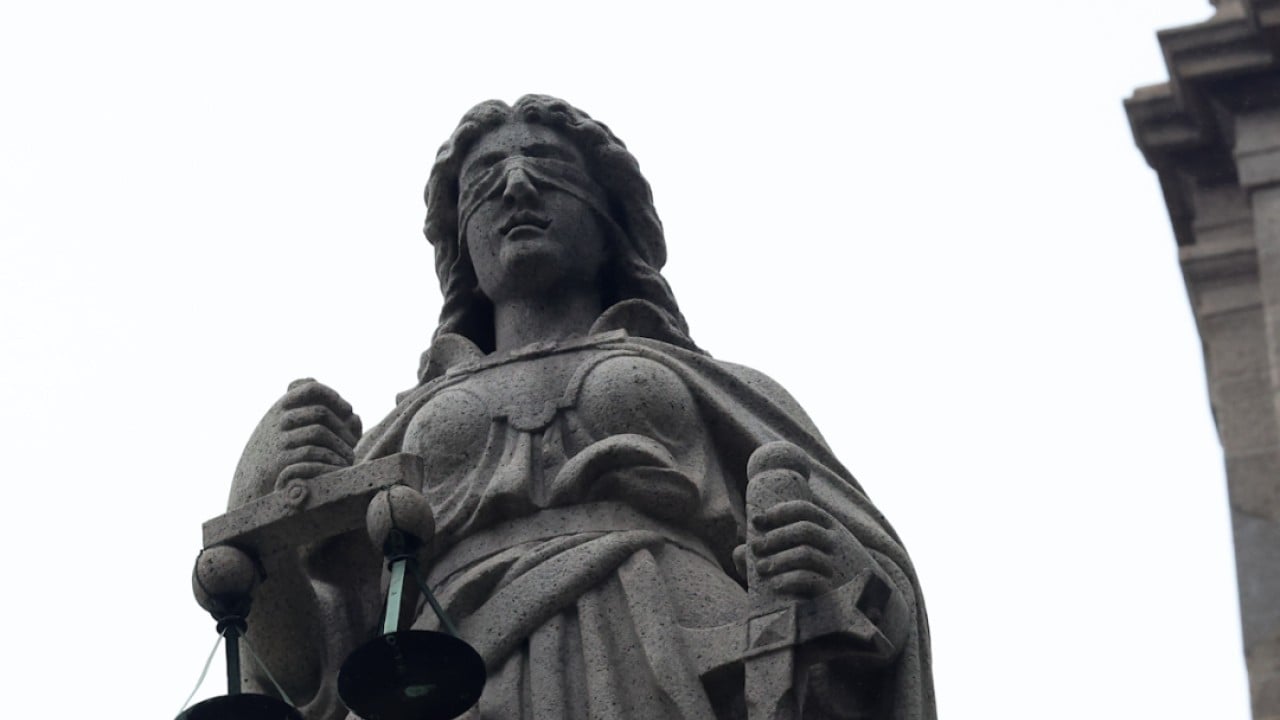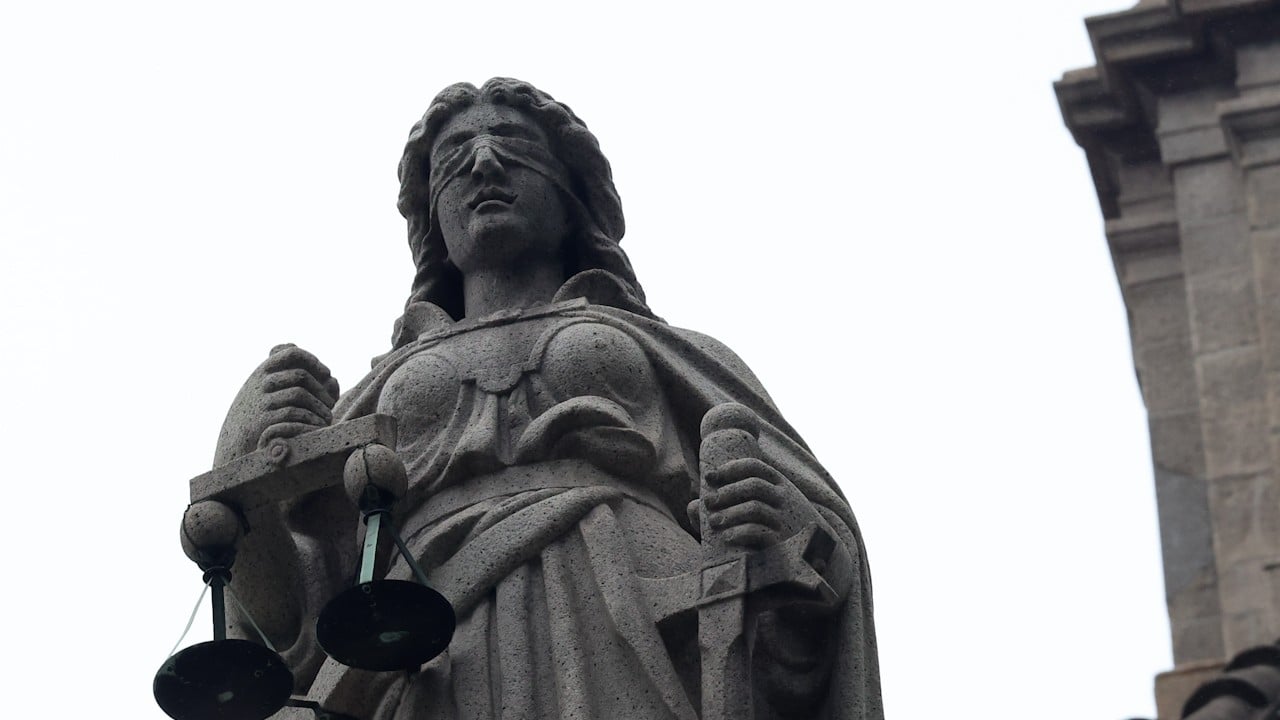Is the rule of law in Hong Kong at stake? That is the question many, especially critics, are asking these days.
With the recent departure of three foreign judges from the Court of Final Appeal, namely, Canada’s Beverley McLachlin and Britain’s Lawrence Collins and Jonathan Sumption – who left with much fanfare – all eyes were on David Neuberger, the British judge still sitting in Hong Kong’s highest court, in former media tycoon Jimmy Lai Chee-ying’s controversial case.
With the court’s dismissal of his appeal, critics such as former governor Chris Patten cried foul and called again on Neuberger and other foreign judges to resign so as not to legitimise the regime.
A London-based NGO accused Hong Kong of “systematically abandoning all pretence of the rule of law with each unjust decision such as this, made worse by the imprimatur of foreign justices like Lord Neuberger”.
Such rhetoric seems to suggest all decisions in conflict with individual rights are a breach of the rule of law. Nothing is further from the truth.
What is the rule of law? Many agree it comprises elements including the sanctity, predictability, equality and consistency of the law. Some feel the protection of individual rights and democracy are also important elements, while others argue that where these concepts are at odds with the rule of law, the latter must prevail.
In other words, there cannot be a breakdown of the law in the name of rights and democracy.
Behind all this lies another controversy. Is the protection of rights a matter that outweighs the law? That brings in a technical issue: what is the law? That is the nub of the Court of Final Appeal’s decision against Lai. The main judgment pointed out the difference between the United Kingdom’s legal system and Hong Kong’s, in response to the appellants relying on a number of UK decisions for the case.
To better understand the issue, let us start from the beginning. The UK has no written constitution. Constitutional concepts comprise four elements: conventions, authoritative textbooks, statutes and court decisions.
Parliamentary supremacy dictates that individual rights are “convention rights”, safeguarded by statues applying the European Convention on Human Rights. They are statutory rights; theoretically always subject to changes dictated by parliament. In this sense, in applying the law on individual rights, UK courts have less power than parliament.
The Hong Kong position is very different. Individual rights are governed by the Basic Law, a higher law under the constitution. It is a constitutional right. Hong Kong courts applying this constitutional right can strike down ordinary laws and the legislature cannot change this right. To blindly follow UK decisions on matters of individual rights is therefore barking up the wrong tree.
It does not mean that UK decisions are irrelevant. On the contrary, they are highly persuasive for historical reasons. But where context demands, departure is necessary. That is all the Court of Final Appeal is saying. It is not saying we should abandon our ties to UK decisions or that we are departing from the principles that safeguard individual rights.
Perhaps we are all seeing things which are not there. If you read Neuberger’s judgment, you will see the point. Agreeing with the main judgment on the fundamental differences between UK and Hong Kong individual rights, he said “these constitutional differences (i) do not mandate a different approach when considering whether a restriction on the right of assembly is proportionate, but (ii) do require a different approach if the court concludes that the restriction is or may not be proportionate”.
In other words, our courts, in weighing up individual rights against restrictions imposed by local laws, should follow the same principles of proportional balances of necessity as in the UK. Neuberger said he believed the approach adopted in the main judgment by reference to the Hong Kong constitutional framework is “effectively no different” from that of the UK decision in the “Abortion Services” case so heavily relied on by the appellants.
Essentially, what decided the outcome was not the difference between the UK and Hong Kong legal systems but the issue of whether the Commissioner of Police’s decision to outlaw the assembly was disproportionate to the right of assembly safeguarded by our Basic Law.

Neuberger concluded: “The fact that a procession, which was unauthorised partly or wholly due to fear of violence, was in the event peaceful […] is plainly insufficient, although it is obviously potentially relevant when it comes to sentencing.”
I must apologise for saying so much to make simply one point. There is no issue of the rule of law being engaged here.
Insomuch as there should be transparency and logic in the court’s decision, it is wholly in line with the principle of the rule of law. Insofar as there should be a proper weighing up of individual rights against reasonable restrictions demanded by the UN International Covenant on Civil and Political Rights, the court has applied the same principle as in the UK and therefore can hardly be said to be contrary to the rule of law.
I forgive all those who pander to a particular political audience in accusing Hong Kong of giving up on the rule of law. They are, after all, only politicians.
Ronny Tong, KC, SC, JP, is a former chairman of the Hong Kong Bar Association, a member of the Executive Council and convenor of the Path of Democracy



